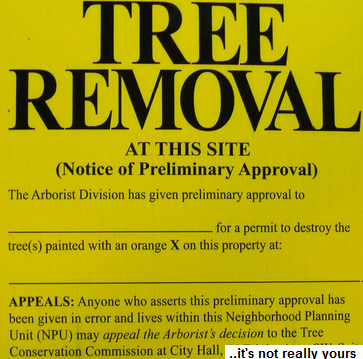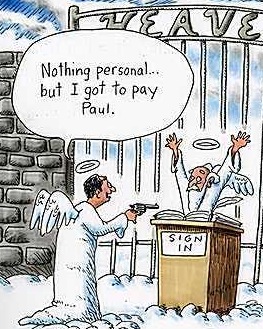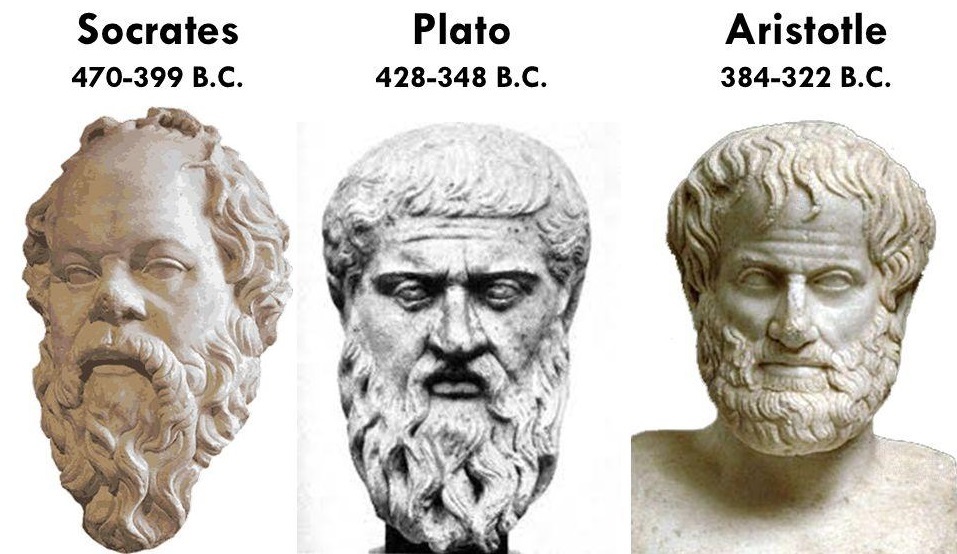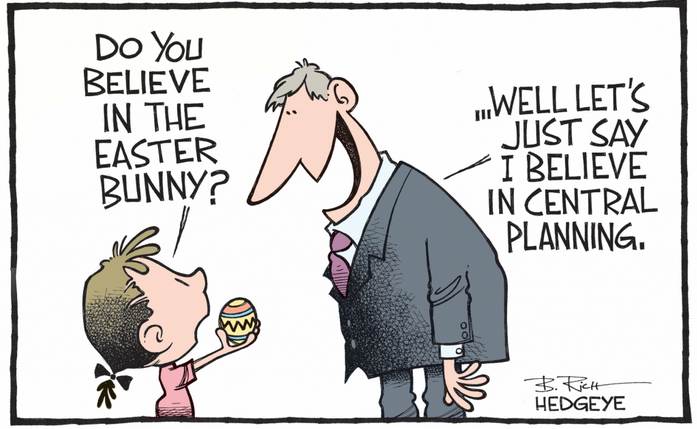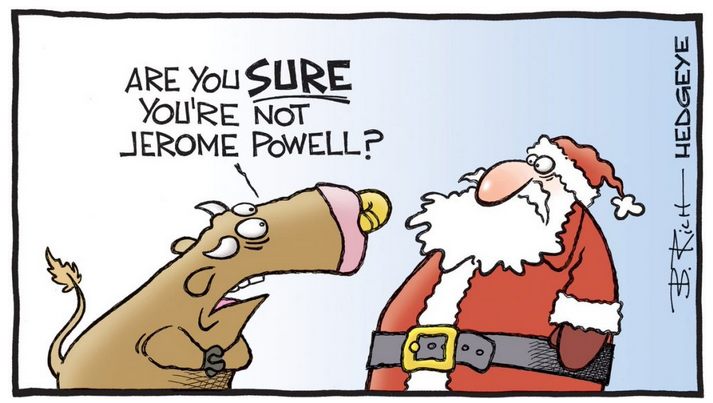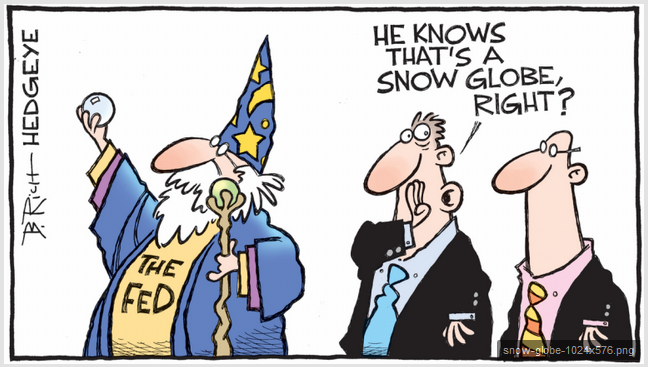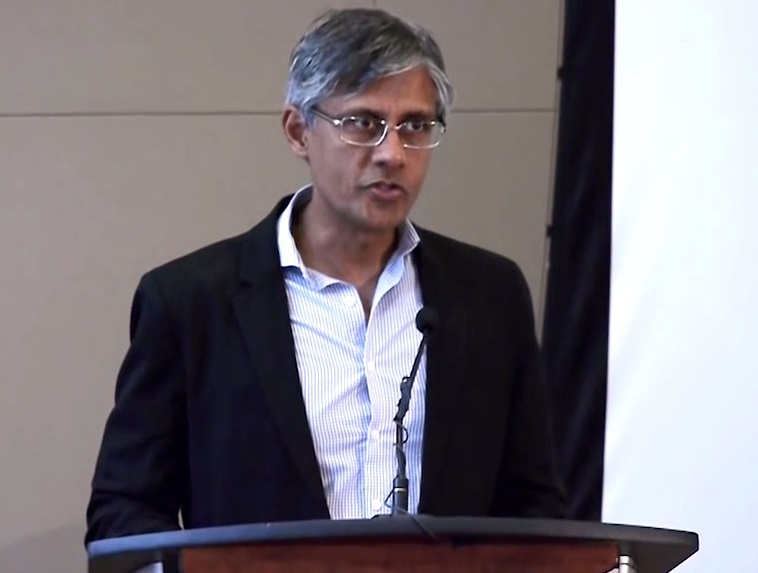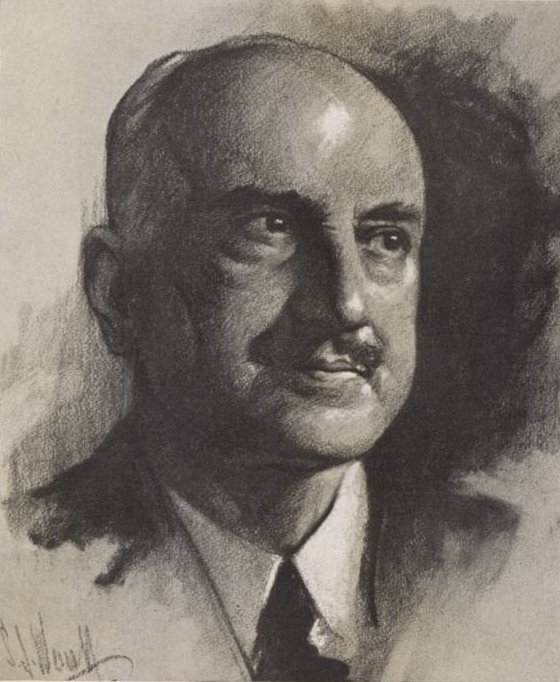From Subject to CitizenBALTIMORE – June 5th, the Swiss cast their votes and registered their opinions: “No,” they said. We left off yesterday wondering why something for nothing never works. Not as monetary policy. Not as welfare or foreign aid. Not in commerce. Not never, no how. But something for nothing is what people most want. The Swiss voted against awarding all citizens a “universal basic income” of about $30,000 a year, regardless of whether they have work or not. But the idea is unlikely to go away. Two-thirds of British voters say they are in favor of the idea. And Canada’s Ontario province is set to try something similar. If you’ve been following these Diary entries, you know how and why we have a welfare state. It’s not because our leaders are more thoughtful and caring than those in the past. Instead, the French and American Revolutions showed the relative greater value of “citizens” over “subjects.” When people thought they were in charge of a government, rather than merely subject to it, they no longer found it absurd to ask not what the government could do for them, but what they could do for it! The elite, who control the government, had a quick response: You can pay higher taxes! |
|
| And you can get yourself blown up in one of our self-serving foreign wars. Instead of being dragooned to serve in the king’s army, in other words, citizens enlisted, willingly.
And because their money was now used for only projects that benefited them – as selected by their elected representatives – they’d pay more for them. At least, that was the theory. Yes, the voters are a nuisance. Still, it pays to let the masses think they are in charge; you can get more out of them that way. |
|
Birth of the Welfare StateBut the new 19th-century citizen now had a rifle as well as a ballot. And if he could take down George III or Louis XVI, he could bring down any government. So, it was that, roughly a century after Louis’ head rolled, Germany’s first chancellor, Otto von Bismarck, figured out how to keep the new citizen docile: Give him something for nothing. Give him a pension! Through a series of acts in the 1880s, Bismarck’s Germany put in place the world’s first social welfare state – including health insurance and a public pension program. If people depended on the feds for their retirement financing, they would go along with almost anything the feds got up to. This was the origin of what we know as the welfare state – whereby the government collects money from the people and then returns a substantial portion of it to them. Some get jobs. Some get healthcare benefits. Almost all get pensions. Today, most governments operate on some version of Bismarck’s model – taking money from citizens, but also providing “public” benefits to them. The model worked beautifully for 100 years. Politicians, bidding for votes, continually sweetened the deal. Both “liberal” and “conservative,” they realized that they had to promise the voters more and more “benefits” to get elected. Real conservatism (favoring small, limited government) practically disappeared, as the bidding heated up. Politicians promised voters unemployment compensation, medical care, drugs, subsidized housing, and other handouts. But the more something-for-nothing they were promised, the more they wanted. |
|
“Advance Auctions”Fortunately, populations and economies were growing fast. The young worked… and were promised benefits – drugs and pensions – that they could enjoy when they got older. As long as populations were growing and economies were expanding, the only problem was deciding who should get what. That’s why elections were so important. They were “advance auctions of stolen goods,” as Baltimore newspaperman H.L. Mencken famously put it. But they were auctions of goods that hadn’t even been created – let alone stolen. |
|
| And now, giving older people something for nothing is running into a problem: There isn’t so much to give anymore, and there are a lot more people with their eyes on it. Public pension systems – such as Social Security in the U.S. – had relatively few beneficiaries before World War II. Now they are swamped by them.
The math no longer works. Instead of getting more out of the welfare state than they paid in, citizens now expect to get less. Maybe a lot less. Not only are there more old people, but also the feds have damaged the economy that supports them. How? |
|
Snake in the Woods“Bill, I’d like to take away your trees,” said Tommy in this Tidewater drawl. Tommy, as we recently reported, has been working with his bulldozer on our farm in Southern Maryland. “But it’s not like it used to be. Now, you need a permit to take a p***, let alone cut down trees. The forester [probably a recent graduate of the University of Vermont] comes out, and he tells you which trees you kin cut. I’m not kiddin’.” So, now we have to get in touch with the county government – the state government – and for all we know, it will soon be a federal case, too. Work will slow. Inevitably, there will be fees to pay. And you thought it was your tree, to do with as you like? Time for you to understand: All your trees are belong to us! And why? Why should someone else tell us which trees to cut? How is the world a better place as a result? Most likely, it won’t be. It will just be less efficient. Productivity is now going backward – and if that continues, the welfare state is doomed. “Man…you got some snakes down in those woods,” said Tommy. “An’ I hate snakes. I bin operating a tractor [a bulldozer] all my life. Mor’n 60 years. An’ I neva had that happ’n before. I was down in the bottom…doin’ my work. “An’ all of a sudden, I looked aroun’ n dere was a big black snake in de cab wif me. He was right behind me, hanging from the window and lookin’ over my shoulder. Well, you ain’t neva seen an 80-year-old man move as fast as I moved.” “What happened to the snake?” we asked. “Oh, I settled up wif ‘im.” And now the welfare state no longer makes sense. If a person can get more from private insurance, private health care, and private education, why support the feds? In other words, the welfare state only really worked as long as people got something for nothing. Nothing-for-something will not be attractive to the voters. But wait. Why not just rob Peter to pay Paul? Tax the few rich, and give the money to the many poor. Remember, it’s a majority rule system! Why won’t that work? Oh, dear reader, you make us laugh sometimes. Have you forgotten? The voters don’t really control the system. Peter does. |
Image captions by PT
The above article originally appeared at the Diary of a Rogue Economist, written for Bonner & Partners.
Full story here Are you the author? Previous post See more for Next post
Tags: Human Condition,newslettersent,On Politics













